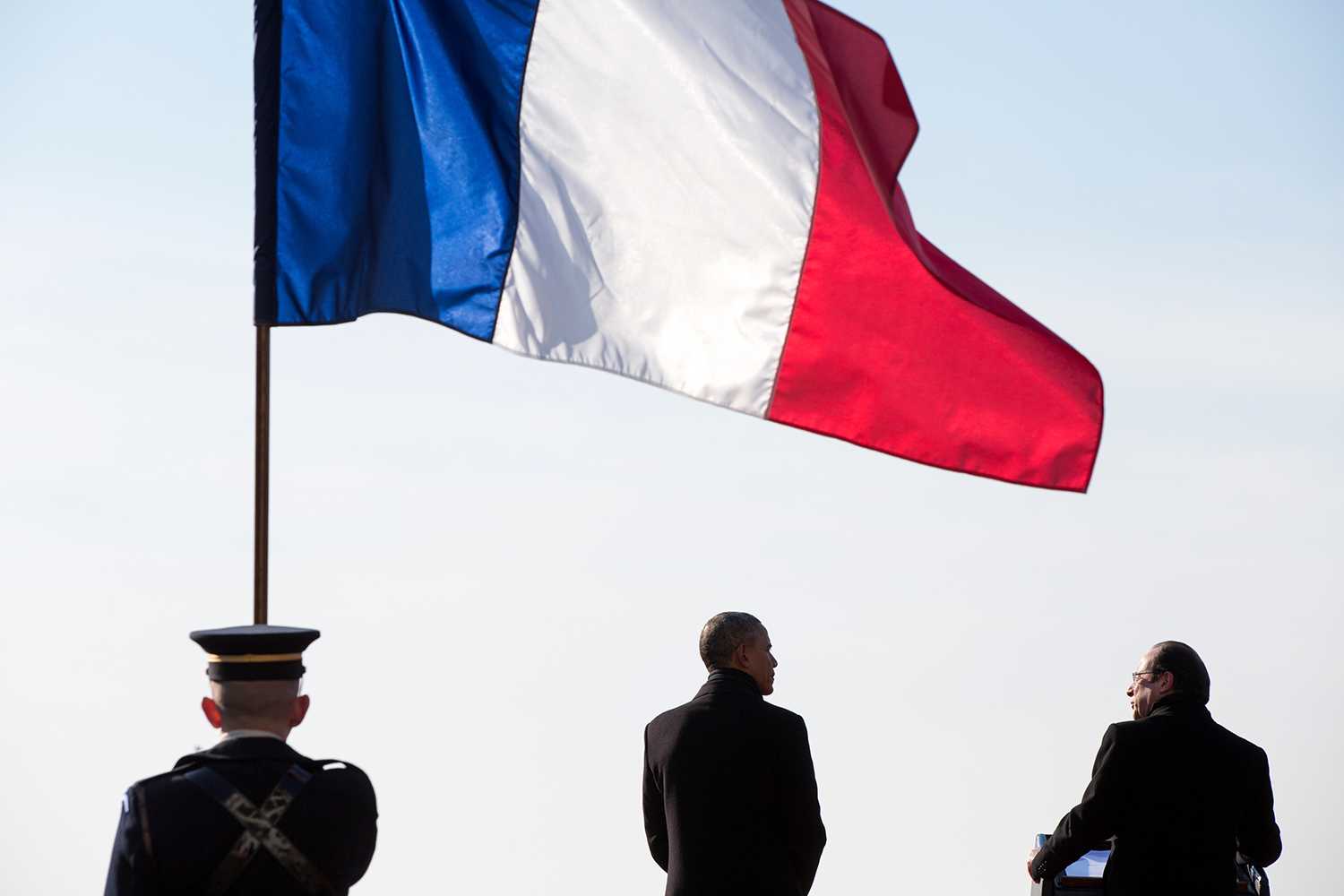After a tragedy, how do we respond?
On Nov. 13, a series of coordinated terrorist attacks struck Paris. ISIS has claimed responsibility for the massacres that took place in restaurants, bars, a concert hall and a sports stadium. Investigations into these attacks are currently moving forward, and as of now over 130 people are reported to have been killed, several suspected terrorists have been taken into custody and one gun-wielding suicide bomber has been identified. The worldwide response has been considerable. Monuments around the world from the Empire State building to the London eye were lit up in blue, red and white in solidarity with Paris. Following the attacks, Facebook created an outlet for users to show their “support” by allowing users to turn their profile pictures blue, red and white in the same fashion, and the trend is rapidly gaining traction.

This past April, Al-Shabab militants stormed Garissa University in north-eastern Kenya and began shooting students indiscriminately. 147 people, mostly students, were killed. The disparity between the responses following these two terrorist attacks encapsulates much of what is wrong with the world and the way we perceive terror. Most of us MVHS students and even American citizens at large are generally unaware of the terrible atrocities that occur outside the developed world. The name al-Shabab is absent from our own vocabularies but is a dreaded expression among those in the third world, those we detach ourselves from. The worldwide response was pathetic. No serious demonstrations of support were made, and no international action was taken. The true testament of a country’s capacity to empathize is not its reaction to the tragedies of those who drive on streets that look like ours or buy the same mass-marketed products that we do. It comes from valuing and caring for all life regardless of class, creed, persuasion or political ties.
In our media-saturated and consumption-oriented world, we make a distinction between the life that we choose to change our profile pictures for and distant, third world life we view as more of a statistic when we read about their tragedies. Our recurring habits and patterns when it comes to our foreign policy is a manifestation of this categorization. Following instances of jihadist terrorism, we have a tendency to revert to this distinction , this assigned hierarchy of life. After 9/11, the U.S. and its western allies instituted drone programs in the Middle East knowing that for the minimal amount of use they provided, they carried a severe civilian cost. In Pakistan alone, the number of innocent civilians killed through these drone programs far surpasses the number of people who lost their lives in the 9/11 attacks.
Any western government would, of course, never use drones as a means of preventing domestic terrorism, even though it is a far greater threat to our national and individual security than Islamic terrorism. It would be politically unfavorable. The truth is that the U.S. Government,the most powerful and influential government in the world, controls how the rest of the world works. And who controls the U.S. government? Us. We, the people. Much of the world looks to us for leadership, and our immediate social response to events like those that just took place in France governs the western political response. We the people bear some of the responsibility for this tragedy. Following the 9/11 attacks our emotional fervor resulted in a war that turned our national attention to a distant region of the world for an entire decade. In fact, this war and our subsequent involvement in the Middle East directly led to the creation of ISIS, the terrorist group that carried out these most recent attacks.
What is disappointing is that the same trends of xenophobia that occurred over a decade ago are now currently visible. Immediately following the attacks, a Syrian refugee camp was set on fire. The camp was home to innocent families that were running from the very same terrorists who were responsible for the attacks. Now, many of them are homeless. Republican presidential candidates, politicians and authors are now in widespread agreement that the U.S. and its allies should withhold giving aid to Syrian refugees as well. As of now, more than half of America’s state governors have pledged to close their borders to refugees that are Muslim as well.
The perceived threat of Islam is not the cause of the apathy many of us feel towards Syrians whose lives currently depend on our response. It is the result of it. It is an excuse, a false pretense that we use to justify distancing ourselves in a time when we are needed. In a time when millions of lives are at stake. In a time when the world looks to us for leadership. As we continue to show our support for those still grieving after these horrible attacks, we must also acknowledge the division that exists in our world that influences a disproportionate response to tragedy. We must also prevent ourselves from joining in the fervor that will push for laws, measures and declarations that are made in haste. If we remain ignorant to the lessons of history, we will be to blame for the destruction of life that ensues.







